Description
Patient Pakistan: Reforming and Fixing Health Care for all in the 21st Century
CONTENTS
Chapter 1: Polices, Processes and Practices planning for right healthcare and
financing appropriate health systems in Pakistan
Chapter 2: Tiny predators, Big Problems Superbugs running amok in
Pakistan and how to tackle them
Chapter 3: Disease Spread The burden of infectious and non-communicable
diseases in Pakistan and how to ease it.
Chapter 4: Sex and Mortality sexual and reproductive health, maternal
and child mortality and population planning challenges in
Pakistan and what to do about them.
Chapter 5: law and Regulations Snags of drug pricing and patient rights
and how to address them through enabling regulatory regimes.
Chapter 6: Instruments of Injury The harms of medicines, spurious drugs
and medical devices in Pakistan and how to minimize them.
Chapter 7: Healthy Benevolence and Charity Medical humanitarianism
under threat and how to rescue the practice of health charity.
Chapter 8: Best Health Practice Challenges Global health, climate change
and international development in the context of excellence and
the lessons for Pakistan.
Chapter 9: Unnecessary Deaths Tackling the scourge of suicides and
infanticide in Pakistan
Chapter 10: Appetite for Starvation Hunger, malnutrition and disease
and how to eradicate them in Pakistan.
Chapter 11: Safety Nets for the Vulnerable Inadequate Social protections and disease incidence in Pakistan and solutions to address them.
ABOUT THE BOOK
The primary indicator of a developed country is the measure of the health and wellbeing of its peoples, which in turn are determined by e quality of health policies and laws and healthcare choices and coendures it prioritizes and practices. All policy discussions in Pakistan in this millennium invariably lead to the theme of health and productivity of its 200 million people and how they can be optimized. there is broad agreement that the general diagnosis of the state of health of Pakistan is not good. The country’s health system has mains broken engendering a wide range of maladies whose redressal over the decades has remained far from adequate and often inappropriate. What can be done? What choices, policies and practices can Pakistan and its constituent territories undertake to address these acute challenges and heal Pakistan’s ailing health sector? This book is an attempt to both broadly map the key policy challenges and offer expert perspectives of priorities that the country’s health sector stakeholders can embrace in the context of best practices to address the prevalent challenges. There is few information of resource on health available in Pakistan that elaborate key issues expertly and cater to the intellectual space where citizens, experts and policymakers can interface productively bring conceptual clarities in service of policy action. This book aims to fill this gap by offering both the big picture perspective of the healthcare realm as well as a nuanced look at its constituent sub-themes that weave together a prescription of choices to heal broad range of challenges afflicting Pakistan’s ailing healthcare dominion. What connects the articles in this book into a coherent whole is a sustained intellectual engagement with these challenges and how they each relate to citizens, health professionals and policymaker. This is an excellent resource that is sure to benefit many in the country and beyond by promoting a broader public conversation on health in Pakistan.
ABOUT THE AUTHOR
Dr. Arif Azad is a medical doctor with a master’s in public policy and public health. A public health consultant, he has been working in the development and health areas for over two decades. Dr. Arif Azad besides serving the CEO of the Network for Consumer Protection has widely consulted for a broad range of development agencies and INGOs including MEDECINS SANS FRONTIERES (MSF), DFID, UNDP and USAID. His work experience spans across Pakistan, Europe, the Middle East and the UK. Dr. Azad has also regularly contributed to premier Journalism publications including Guardian, BBC, Dawn the News on Sunday, Economic and political Weekly and Tehelka, among others. His other interests include human rights, literature and current affairs.
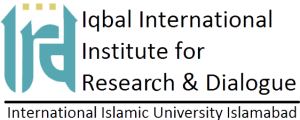
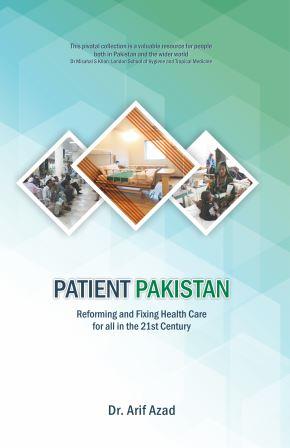
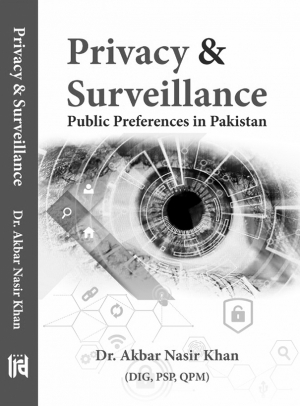
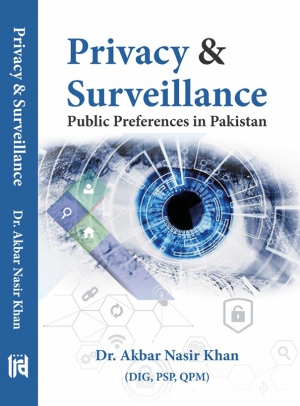
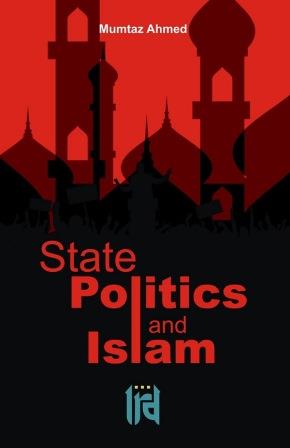
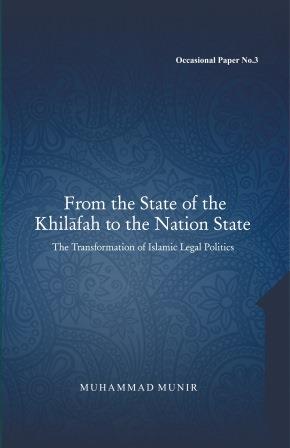
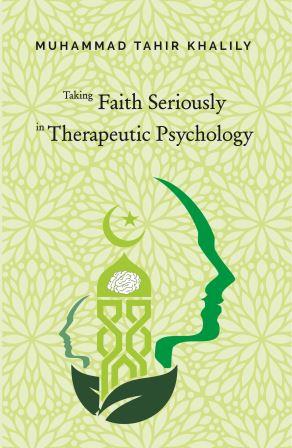


Reviews
There are no reviews yet.